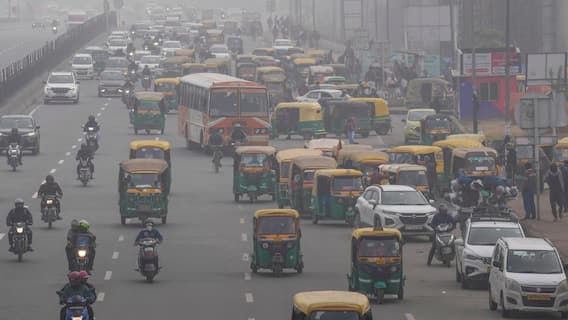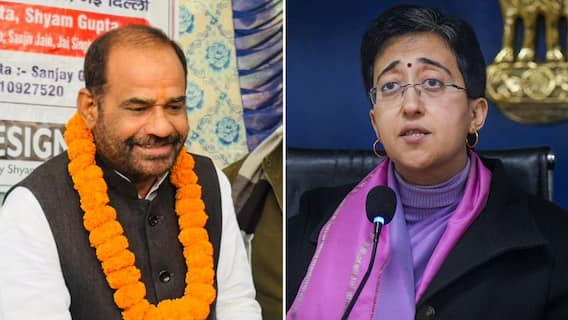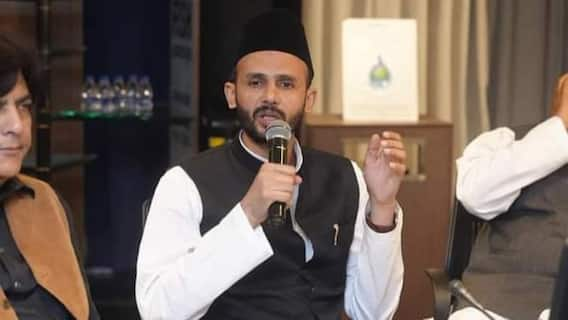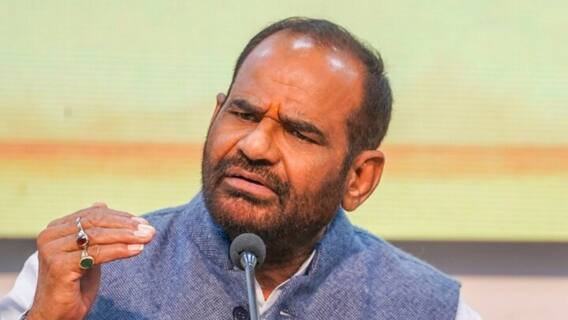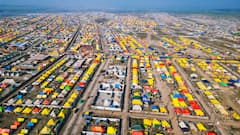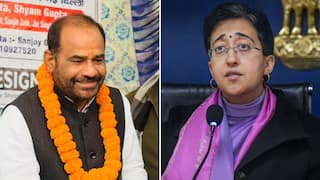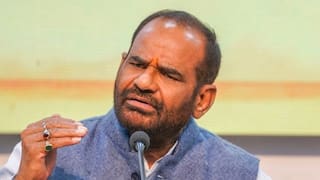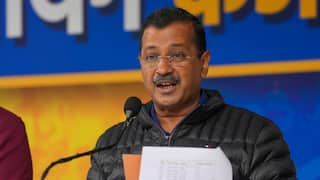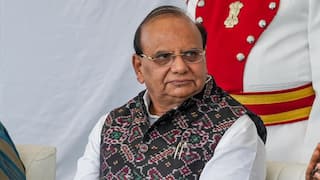US Agency Launches Project To Boost Clean Energy Infrastructure In 8 Indian States
The United States Trade and Development Agency has launched the Interstate Clean Energy Procurement Program (ICEPP) in New Delhi to advance allied infrastructure in eight Indian states.

The United States Trade and Development Agency (USTDA) launched the Interstate Clean Energy Procurement Program (ICEPP) in New Delhi on Wednesday. The programme aims to advance the development of clean energy infrastructure in eight Indian states.
The Interstate Clean Energy Procurement Program will provide targeted training for public procurement officials on best value and life-cycle cost analysis. The USTDA is funding the program through its Global Procurement Initiative (GPI). Director Enoh T Ebong of USTDA stated that the programme is being launched due to the priority that India has placed on procuring high-quality clean energy infrastructure, both at the national and state level.
The states participating in the programme are Gujarat, Haryana, Karnataka, Kerala, Maharashtra, Punjab, Tamil Nadu, and West Bengal. With a combined population of more than 500 million people, these states have ambitious renewable energy targets that require billions of dollars in new investment and are among India’s leaders in terms of installed renewable energy capacity.
The training will include interstate collaboration for achieving each state’s respective clean energy development strategies and a virtual training series of 10 sessions, two study tours to the United States, and a virtual forum for each of the participating states. The forums will identify ways to finance and implement clean energy projects in each state.
The USTDA's Global Procurement Initiative (GPI) was established in 2013 to train public officials in emerging markets on effective procurement practices and policies. Through GPI, partner countries can acquire high-quality, long-lasting technologies while building sustainable infrastructure, resulting in overall savings for their government. GPI also promotes fair and transparent procurement methods, opening markets to greater international competition. The program leverages the expertise of institutional partners such as universities, multilateral development banks, and government entities.
Trending News
Top Headlines








